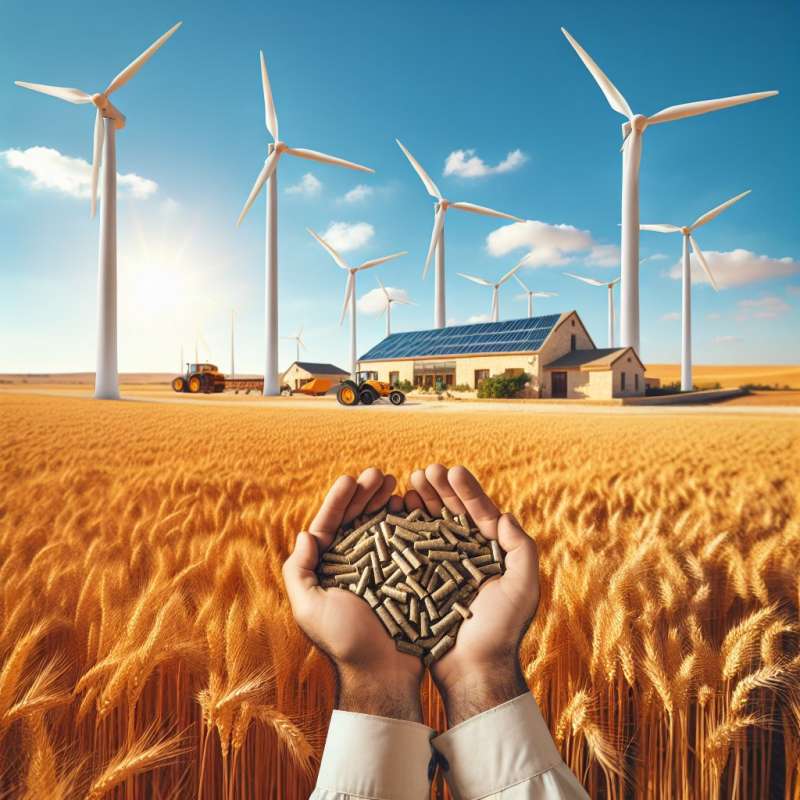
Fossil Fuels Introduction
Fossil fuels, formed from prehistoric organisms, have driven modern civilization's energy needs. These non-renewable resources include coal, oil, and natural gas, originating from ancient biomass and geological processes.
Formation Timescale
Remarkably, fossil fuels took millions of years to form. The process began over 300 million years ago in the Carboniferous Period, where high organic matter burial rates led to coal formation.
Geographical Distribution
Fossil fuel deposits are unevenly distributed. Venezuela and Saudi Arabia boast significant oil reserves, while China and the USA are rich in coal. This distribution affects global politics and economies.
Extraction Impact
Extraction is environmentally challenging. Techniques like fracking can cause earthquakes and groundwater contamination. Open-pit coal mining alters landscapes and ecosystems, revealing hidden environmental costs.
Combustion and Climate
Burning fossil fuels releases carbon dioxide, a greenhouse gas. This process disrupts the carbon cycle, enhancing the greenhouse effect and contributing to global climate change.
Economic Dependency
Many economies are heavily reliant on fossil fuels, making transitions to renewable energy sources difficult. This dependency shapes energy policies and influences international relations.
Innovative Alternatives
Innovations like biofuels, made from living organisms, and improvements in solar and wind technology, are leading the charge towards sustainable energy sources, aiming to reduce fossil fuel dependence.
What are fossil fuels formed from?
Ancient organisms and geological processes
Modern industrial residues
Contemporary biomass accumulation
Company